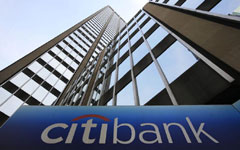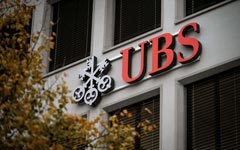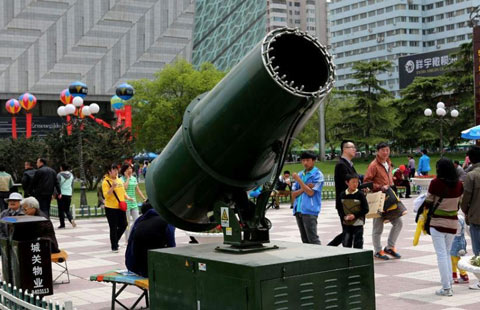Asia banking on expansion
By ALFRED ROMANN (China Daily) Updated: 2014-05-05 07:41The day after the OCBC Wing Hang deal, rating agencies Fitch Ratings and Moody's expressed doubts. The former put OCBC on "watch negative" and the latter downgraded the Singapore bank.
Standard & Poor's, another rating agency, gave OCBC a "stable" grade and pointed out that the bank could benefit from its strong market position and solid funding profile.
"At this early stage, the deal is credit-negative for OCBC because it needs to raise new capital for this large acquisition, and there is a risk that its capital raising might be delayed or reduced," says Eugene Tarzimanov, a Singapore-based vice-president at Moody's.
|
 |
|
 |
Founded in 1937, Wing Hang has 70 branches in Hong Kong, Macao and the Chinese mainland.
On April 8, the International Monetary Fund warned in a report that such exposure includes a series of potential risks.
"While deepening integration suggests that financial linkages will continue to grow, the large exposure requires close monitoring and cooperation with mainland supervisors," the report said.
Part of the problem is concern over bad loans.
"The recent surge in bank lending across most of Asia leaves economies and financial systems at risk," says Matthew Circosta, an economist at Moody's Analytics.
Across Asia, the burden of private debt compared to GDP has grown by between 10 and 20 percent in the last five years. Bad loans officially account for less than 5 percent of all loans across Asia, below the rate that caused problems in the United States and Europe. But that is not the whole story.
"To avoid classifying a loan as bad, many Chinese banks roll over debt or repackage it and sell it … or they extend the deadlines for repayment, explains Circosta. "Unofficial estimates put China's non-performing loan ratio at more than 10 percent."
 |
 |
| Check out Chinese tycoons' offices |
- Prospects brighter for foreign banks in China
- Forecast for foreign trade appears grim
- Facebook to provide cross-platform tools for developers
- China IPO prospectus disclosures rise to 211
- Huge mist cannons attract people in Lanzhou
- Asia banking on expansion
- Nanjing sees rush to buy cars amid rumors of quota
- Top 10 best-selling video game consoles
















